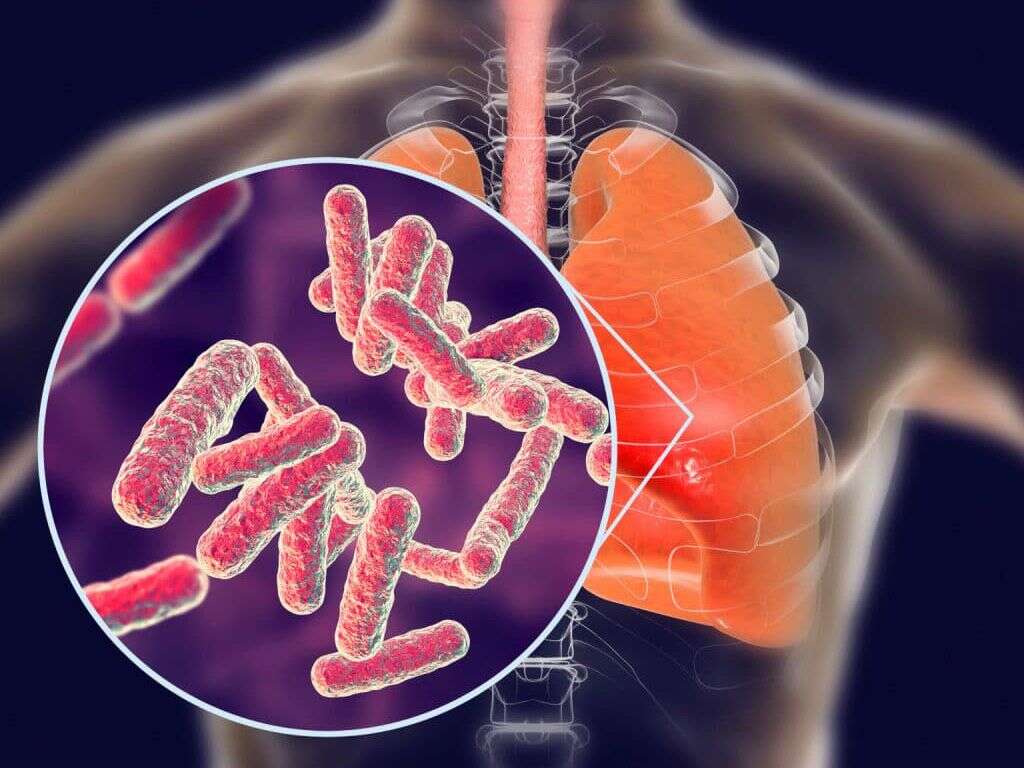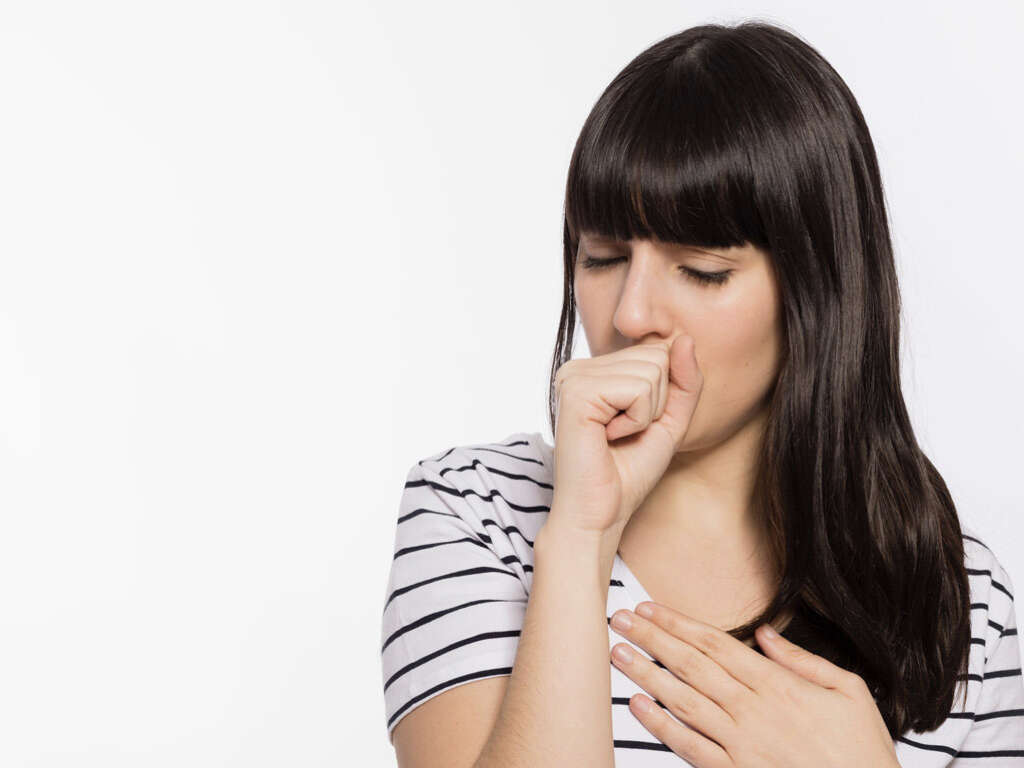10 Symptoms of TB
 Article Sources
Article Sources
- 1. World Health Organization. (2020). Tuberculosis (TB). Retrieved November 13, 2020, from https://www.who.int/news-room/fact-sheets/detail/tuberculosis
- 2. Rosha, D. (2002). Prolonged Fever During The Treatment Of Pulmonary Tuberculosis. Medical Journal Armed Forces India, 58(2), 127-129. doi:10.1016/s0377-1237(02)80045-4
- 3. Mahmoudi, A. (1993). Pitfalls in the Care of Patients With Tuberculosis. Jama, 270(1), 65. doi:10.1001/jama.1993.03510010071032
- 4. Hernández-Garduño, E., & Pérez-Guzmán, C. (2007). Appetite and tuberculosis: Is the lack of appetite an unidentified risk factor for tuberculosis? Medical Hypotheses, 69(4), 869-872. doi:10.1016/j.mehy.2007.02.006
- 5. Saloman, L. (2016). Examining Disease Characteristics and Patterns of Weight Gain in Tuberculosis Treatment. Retrieved November 13, 2020, from https://www.contagionlive.com/view/examining-disease-characteristics-and-patterns-of-weight-gain-in-tuberculosis-treatment
5. Night Sweats
Night sweats result in a patient waking up in the middle of the night drenched. The sweating is profuse enough that bedclothes and bedding will often need to be changed. TB is one of the most widespread infectious causes of night sweats. That makes it a prime diagnostic symptom and one that should be shared with any medical providers.
Tuberculosis is not the only cause of night sweats. They can result due to several other infections, such as malaria. Hormonal changes associated with menopause are a common culprit of night sweats for many women. Sleep apnea, GERD, certain types of seizures and some medications may also induce excessive night sweating.
Advertisement



-06.jpg)




